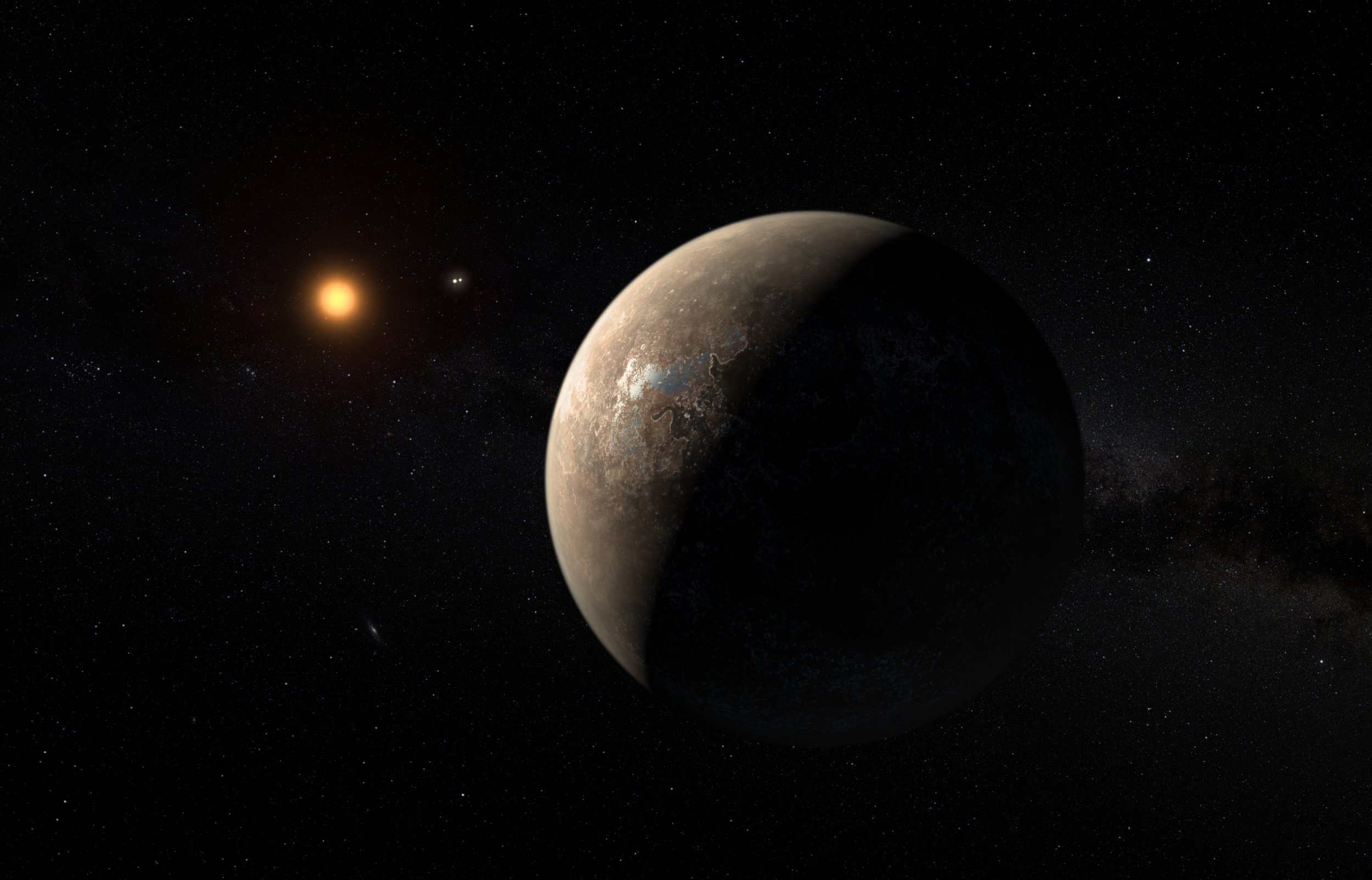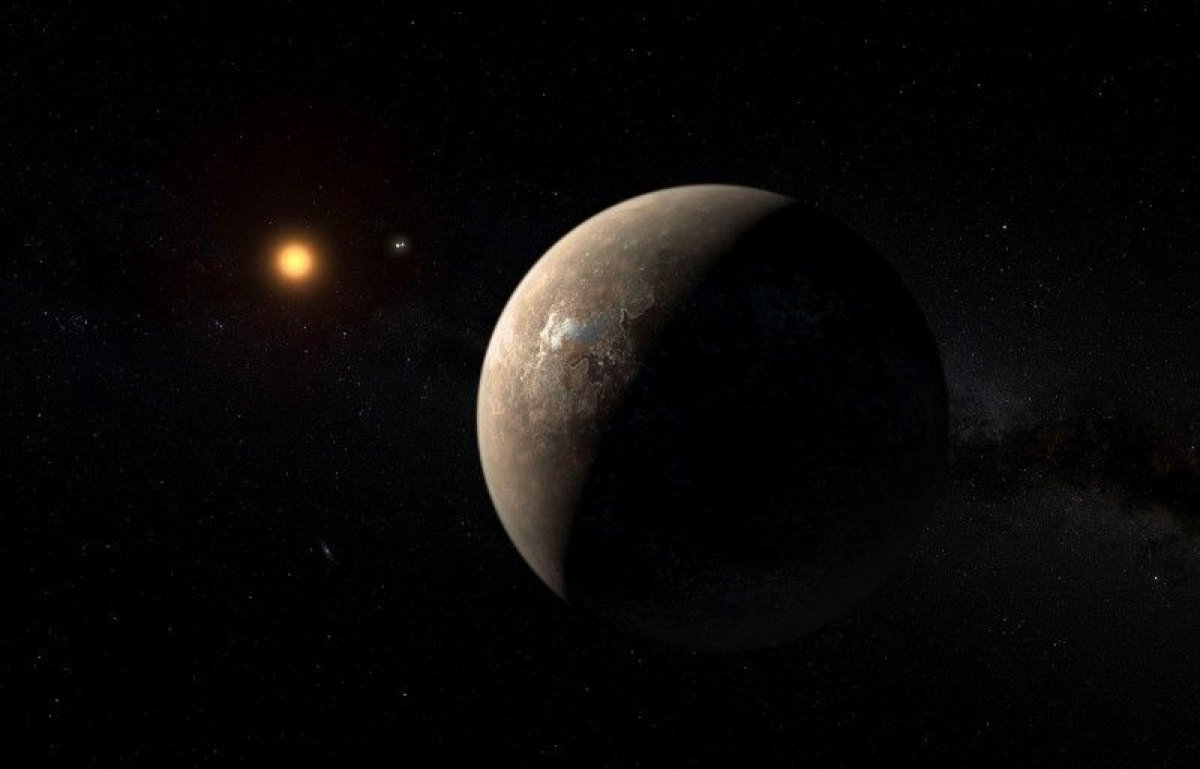
A planet orbiting our closest neighboring star "may well" have a climate right for alien life to emerge, a new scientific model indicates.
Scientists discovered Proxima b, located 4.2 billion light years away—or 25 trillion miles— in August 2016. It is the closest planet discovered outside the solar system in two decades. What made headlines, however, was its position within its solar system, Alpha Centauri. Scientists said it was within the habitable zone, meaning it was neither too hot nor too cold for liquid water to exist—one of the key conditions believed to be required for life to take hold.
Its proximity to Earth makes the prospect of identifying any signs of life even more tantalizing.
But not everyone is convinced. Since its discovery, different studies have drawn different conclusions about Proxima b's potential habitability. For example, some researchers have argued that solar flares from Proxima Centauri, the red dwarf star it orbits, would have stripped away any atmosphere the planet had.
But other studies are more optimistic. In October last year, France's National Center for Scientific Research (CNRS) found Proxima b could be an "ocean planet" covered with water, like Earth.
In a new study published in the journal Astronomy & Astrophysics, scientists at the University of Exeter, U.K., used a state-of-the-art model used to study Earth's climate for several decades and applied it to a simulated model of Proxima b.
The Met Office Unified Model was adapted so it could be flexible enough to model a range of planets. Looking at Proxima b, the team created two simulations—one where it had an Earth-like atmosphere, and another where it has a much simpler atmosphere of nitrogen and traces of carbon dioxide.

They then looked at the responses of both atmospheres to the huge quantities of radiation that likely bombards the planet, as well as different orbits the planet may travel along.
Findings from both setups indicated the planet has the potential for conditions right for life: "Overall, our results are in agreement with previous studies in suggesting Proxima Centauri b may well have surface temperatures conducive to the presence of liquid water," they wrote.
The team say that under certain conditions, the planet's climate could be remarkably stable, adding the planet is "likely to be habitable for a range of orbital states and atmospheric compositions."
However, they note much more work will be required before they can understand if Proxima b can host life. "There are obviously several ingredients missing from our analysis," they wrote. "We have neglected the presence of any land-surface, as we have no information what this may look like."
Uncommon Knowledge
Newsweek is committed to challenging conventional wisdom and finding connections in the search for common ground.
Newsweek is committed to challenging conventional wisdom and finding connections in the search for common ground.
About the writer
Hannah Osborne is Nesweek's Science Editor, based in London, UK. Hannah joined Newsweek in 2017 from IBTimes UK. She is ... Read more
To read how Newsweek uses AI as a newsroom tool, Click here.








